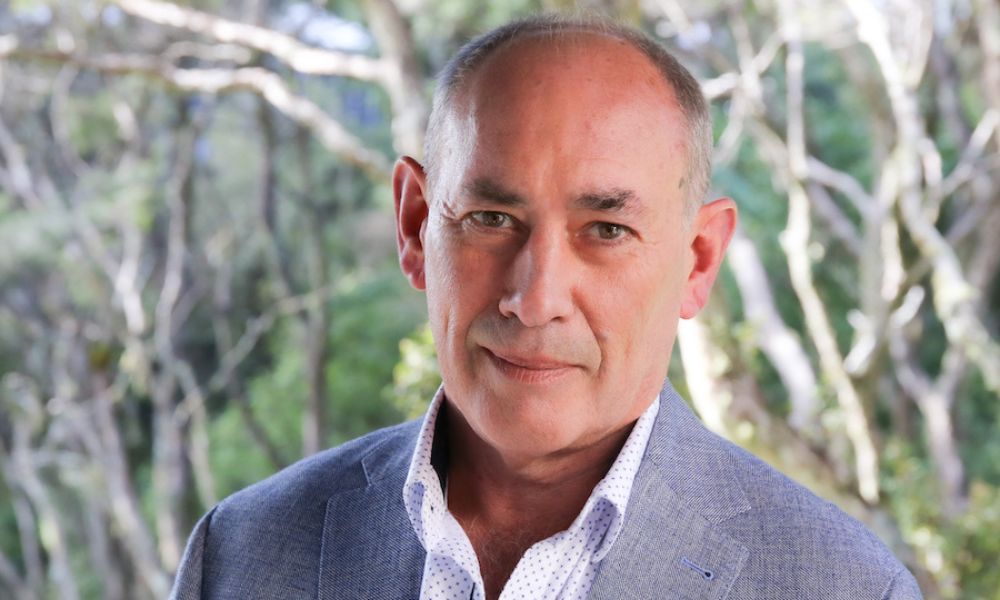Financial adviser on “where our real value add is”

Financial adviser on “where our real value add is” | Insurance Business New Zealand
Insurance News
Financial adviser on “where our real value add is”
Market challenges remain, but possibilities also abound for brokers
Insurance News
By
Terry Gangcuangco
There are significant opportunities for insurance brokers in New Zealand, according to industry stalwart Tony Vidler (pictured), and here he talks about how financial advisers like himself are currently navigating the market while helping clients make important choices.
Vidler, whose experience in the sector spans more than three decades, provides advice through his firm AdviceNet Ltd; coaches financial advisers through his consultancy Strictly Business Ltd; and supports peers in his capacity as director and shareholder of adviser group mySolutions.
Challenges and workaround
Speaking with Insurance Business, Vidler said: “For insurance-focussed advisers, underwriting in personal insurance lines – life insurance, trauma, medical cover – is the number one headache. The number one challenge is underwriting. Getting reasonable terms at the moment is very difficult across most suppliers.
“For commercial insurance – buildings, liability, indemnity covers, those sorts of things – it is a hard market, and underwriting is not the issue. Getting an insurer to accept the risk at the moment is a challenge in the commercial space.
“For instance, trying to insure a building in Wellington CBD (commercial business district) is almost impossible, unless it’s already insured. The existing insurer will renew it, but new insurers won’t take it on. It’s a hard market to work in.”
So, how does a broker deal with underwriting-related and risk appetite issues?
Vidler, who chaired the Institute of Financial Advisers from 2011 to 2013, noted: “There’s a number of things that the advisers can do, but all of them add time to the process and, to a degree, add complexity, which means that it’s clearly more expensive for us to deliver advice than it was, say, three years ago.
“The more time we have to spend with the client, the more expensive it is for us to deliver the service. So, that’s a bit of a challenge. What we see as an outcome is squeezed margins, diminished margins. But the things that the advisers can do is spend a lot of time educating and managing expectations of consumers. There’s a lot more of that going on than has ever been done before.”
According to Vidler, advisers have taken a “very educational” approach, with them now spending time to explain how the industry works and what choices people have.
“There’s been an enormous amount of time spent on figuring out the optimal compromise,” declared Vidler, who also serves as deputy chair at Quadrant PI – a group scheme designed to provide more affordable professional indemnity cover to financial advisers.
“Then the next thing that the brokers are doing and spending a lot of time on, and where our real value add is, is – because they found the market so hard and there’s a smaller number of insurers in the market – they sort of know which insurers will take what risks… So, there’s a lot of underwriting knowledge that’s being used by the brokers to figure out where best to place the risk.”
Market opportunities
Amid the challenges in the market, Vidler believes “there are significant opportunities” for advice practitioners like himself.
He told Insurance Business: “Because there’s such variance in underwriting terms and service levels from different insurers, brokers are able to navigate those uncertainties and know the best placement, which increases the certainty for the consumer. And those insurers are far more likely to be good at claim time, so there’s a lot of value add that goes there.
“Certainly, on a one-to-one basis, the advisers are doing a very good job of delivering financial literacy. They’re educating their customers, and they’re creating far more informed and far more alert customers who are far more aware of their choices. And I think that’s a real opportunity area as well, because that helps position the adviser as an expert.”
In Vidler’s view, that expertise positioning is great for career longevity, particularly in provincial New Zealand where you might have only two dozen advisers in a particular territory.
“There’s a real opportunity for somebody to stand out in that area, through being a great educator and putting the client’s interest first and foremost regardless of the outcome,” he said.
“There’s also far greater awareness on the back of the pandemic, the hard markets over the last year or so, and decreases in real estate prices. All of those things come together to make people far more aware of the risks, and therefore more willing to look at insurance as an option for solving those risks.
“The best case of that is the dramatic increase in health insurance applications. Public health has been in the news a lot in the last six months, and the take-up of private health coverage is going through the roof.”
Vidler highlighted that while convenience is still typically a big factor for consumers, in that “they want things done as fast as possible with as little paperwork as possible,” they are now a lot keener to understand their choices and spend the required time to learn more.
“They’re far more open to the learning and the empowerment process that goes with teaching them how to make better decisions around these things,” added Vidler.
What do you think about this story? Share your thoughts in the comments below.
Related Stories
Keep up with the latest news and events
Join our mailing list, it’s free!






